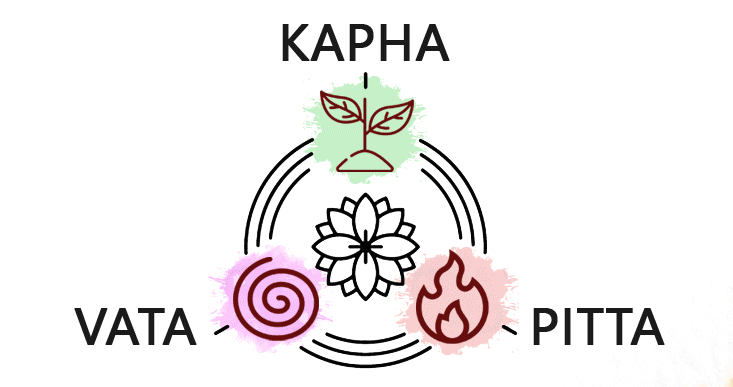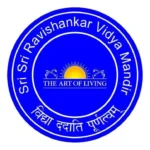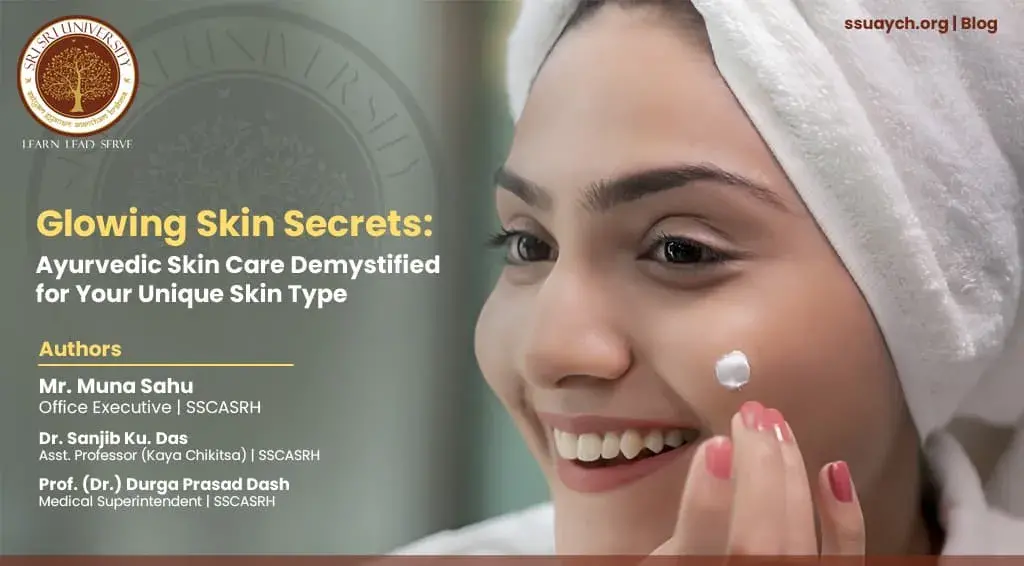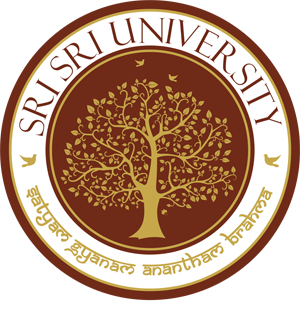Ayurvedic skin care is deeply rooted in ancient Indian medicine, encompassing rejuvenating facials, effective treatments for various skin conditions, and potent herbal formulations.
In today’s market, an array of Ayurvedic skin care products are available, but it’s crucial to understand their quality and ingredients for optimal results.
Unlock the power of Ayurvedic home remedies tailored to target specific skin types and address individual needs.
Decoding Skin Types:
Ayurvedic skin care treatments revolve around identifying individual skin types. Ayurveda categorizes skin types based on the three doshas – bioenergetic forces that shape the body and mind’s constitution.

Vata
According to Ayurveda, individuals with predominant Vata dosha often exhibit dry and rough skin, prone to premature wrinkling without regular moisturization.
To combat dryness, Ayurveda recommends the use of oil-based moisturizers that deeply nourish the skin. Additionally, incorporating warm spices like ginger into your diet can help hydrate the skin from within. Ayurveda also suggests the inclusion of ashwagandha, a revered Indian herb, in your face mask routine, as it may effectively alleviate skin dryness.
Experience the transformative power of Ayurveda as you embrace the tailored care required to keep your Vata-type skin glowing and youthful.
Pitta
Individuals with a predominant Pitta dosha often exhibit oily skin that can be susceptible to acne and rosacea. Dr. Sanjib Kumar Das, an Ayurveda specialist, highlights the importance of incorporating cooling elements into the skincare routine for Pitta-type skin.
To balance excessive oiliness, Dr. Das recommends the use of soothing ingredients such as aloe vera, known for its cooling properties. Turmeric, with its anti-inflammatory benefits, can help reduce redness and inflammation associated with Pitta-type skin. Additionally, sandalwood is recommended for its pimple-reducing and calming effects.
Discover the harmonizing qualities of Ayurveda as you embrace a skincare regimen tailored to address the specific needs of your Pitta-type skin, promoting a healthy and radiant complexion.
Kapha
Kapha-type skin is characterized by its cold and oily nature, often prone to issues like pimples, whiteheads, and water retention. Dr. Das advises incorporating specific practices into your skincare routine to address these concerns.
To combat obstructions and stimulate the lymphatic system, dry brushing is recommended. This technique helps exfoliate the skin, promoting a healthy complexion for Kapha-type individuals. Dr. Das further advises against using oil-based creams, as they can exacerbate oiliness. Instead, regular application of face masks can be beneficial in managing Kapha-related skin concerns.
Discover the rejuvenating power of Ayurveda as you embrace a skincare regimen tailored to nourish and revitalize your Kapha-type skin, restoring its natural balance and radiance.
Ayurvedic Facials at Home: Unlocking the Secrets of Natural Beauty
Ayurvedic facials, renowned for their effectiveness in addressing various skin concerns, harness the power of herbal remedies. While certain brands offer Ayurvedic facial kits tailored to specific skin types, it is essential to consult with an Ayurvedic practitioner for personalized recommendations on medicated products.
Ayurveda advocates for a simple yet effective at-home facial routine, incorporating a basic massage. For all doshas, Ayurveda recommends sesame oil, while vata and pitta skin types can benefit from almond oil. Gently massaging these oils into the skin using circular motions can yield remarkable results.
In Ayurveda, facial massages often incorporate manjistha (rubia cordifolia) oil or kumkumadi oil, known for their therapeutic properties.
According to a 2011 research review, manjistha oil demonstrates anti-inflammatory, antibacterial, and anti-androgenic effects, making it a potential ally in the treatment of acne.
Embrace the age-old wisdom of Ayurveda as you explore the rejuvenating realm of herbal facials, paving the way for healthy and radiant skin.
Healing with Ayurveda: Unveiling the Secrets of Skin Disease Remedies
While scientific evidence supporting Ayurvedic treatments for skin diseases is limited, Ayurveda can be a valuable complementary approach alongside medical treatments for various skin conditions.
In Ayurveda, skin diseases are classified as either maha kushta or kshudra kushta. Maha kushta encompasses major skin conditions such as scleroderma, furuncles (boils), psoriasis, eczema, and rosacea. On the other hand, kshudra kushta includes minor skin symptoms like dryness, roughness, discoloration, hyperpigmentation, and itching.
According to Ayurveda, minor symptoms are often attributed to the dominance of a specific dosha. Dietary changes and at-home skin care remedies can potentially alleviate these minor symptoms. However, major conditions necessitate the expertise and supervision of an Ayurvedic practitioner.
Unlock the potential of Ayurveda as you explore the realm of skin disease remedies, seeking guidance from qualified Ayurvedic practitioners to tailor an approach that suits your specific needs.
Discovering Panchakarma: Ayurveda's Holistic Approach to Skin Health
In Ayurveda, the practice of Panchakarma, meaning “five actions” in Sanskrit, is highly regarded. This comprehensive and long-term treatment is believed to facilitate the elimination of toxins from the body, playing a crucial role in the prevention and treatment of various diseases, including those affecting the skin.
Explore the transformative power of Ayurveda’s Panchakarma as you embark on a holistic journey towards vibrant skin health, supported by the guidance of qualified Ayurvedic practitioners.
Panchakarma, an integral aspect of Ayurvedic tradition, encompasses five distinct procedures aimed at rejuvenation and purification which are:
-
Virechan
-
Vaman
-
Basti
-
Nasya
Rakta-mokshana is adopted for better skin care
To undergo the transformative experience of Panchakarma, a visit to an Ayurvedic practitioner is necessary, often in a clinical overnight setting. The comprehensive Panchakarma treatment typically spans a minimum of five weeks, allowing for a thorough and holistic healing process.
The Takeaway
-
Ayurveda, an ancient system, focuses on balancing the three doshas for effective skin care. Ayurvedic treatments encompass facials, face masks, and herbal formulations to promote skin health.
-
While certain Ayurvedic remedies show potential in addressing skin issues like acne, eczema, dryness, redness, and rosacea, further scientific research is necessary to validate Ayurveda's role in treating skin diseases.
-
It is essential to integrate Ayurvedic interventions with medical treatment, particularly for severe conditions. By combining traditional Ayurvedic approaches with modern medical advancements, you can optimize both your skin health and overall well-being.








